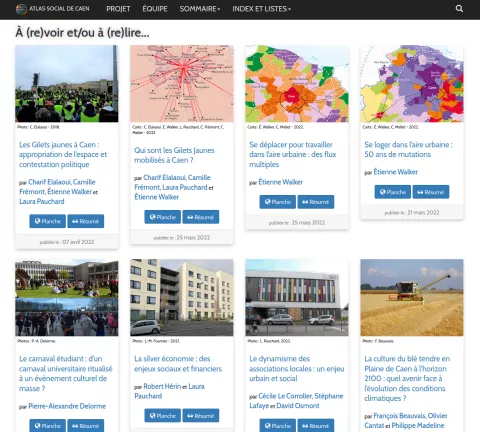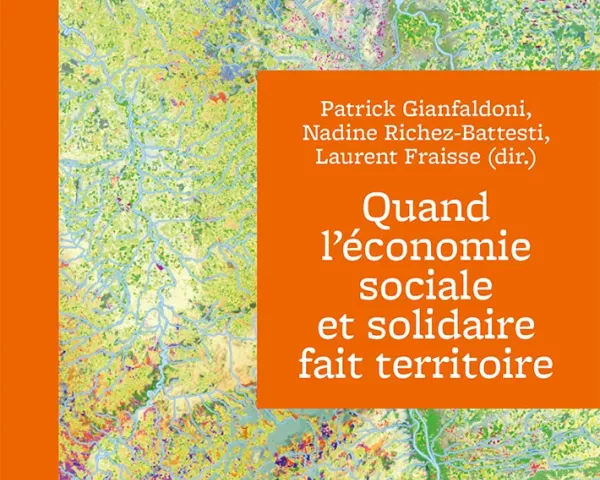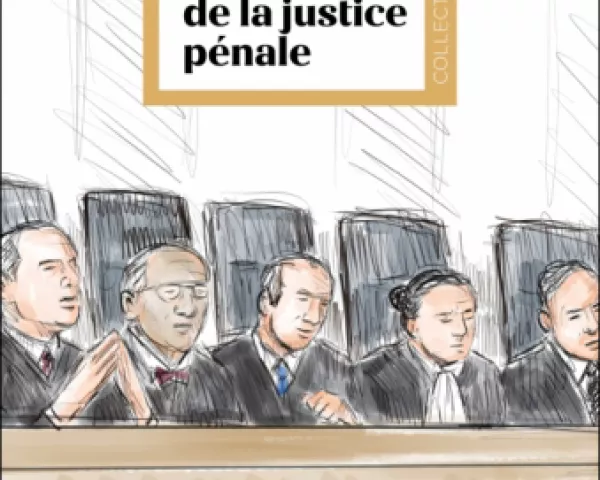Epistemic landmarks and outlines of climate justice

Climate justice has become an important field of multidisciplinary research leading to abundant publications. This abundance highlights the need to identify and analyze the structuring knowledge of this research field. To this end, we reviewed the scientific publications referenced in Scopus. The four conceptualizations that emerge from our corpus show that climate justice is considered as a specific component of environmental justice, i.e., a burden-budget to be shared, actions and mobilization of civil society, a just energy transition. These conceptualizations were then considered in a chronological perspective which showed the evolution and enrichment of the lexical field associated with climate justice between 2004 and 2019. The inventory of places and territories addressed in the publications revealed that climate justice has generated little localized empirical knowledge. We also analyzed the key theme of power and domination relationships to highlight the protagonists (developed countries against developing countries, civil society against states, local communities against extractivist industries and multinationals) and the challenges (climate change burden, development model, environmental justice). As all the papers of the Scopus base are in English, we carried out a complementary bibliographic research in Cairn and Open Edition to analyze publications in French. They show a predominance of legal analyzes of climate justice. The paper offers a panorama and highlight with landmarks that underscore the scientific scope of climate justice as a field of knowledge in construction.
Climate justice has become an important field of multidisciplinary research leading to abundant publications. This abundance highlights the need to identify and analyze the structuring knowledge of this research field. To this end, we reviewed the scientific publications referenced in Scopus. The four conceptualizations that emerge from our corpus show that climate justice is considered as a specific component of environmental justice, i.e., a burden-budget to be shared, actions and mobilization of civil society, a just energy transition. These conceptualizations were then considered in a chronological perspective which showed the evolution and enrichment of the lexical field associated with climate justice between 2004 and 2019. The inventory of places and territories addressed in the publications revealed that climate justice has generated little localized empirical knowledge. We also analyzed the key theme of power and domination relationships to highlight the protagonists (developed countries against developing countries, civil society against states, local communities against extractivist industries and multinationals) and the challenges (climate change burden, development model, environmental justice). As all the papers of the Scopus base are in English, we carried out a complementary bibliographic research in Cairn and Open Edition to analyze publications in French. They show a predominance of legal analyzes of climate justice. The paper offers a panorama and highlight with landmarks that underscore the scientific scope of climate justice as a field of knowledge in construction.











